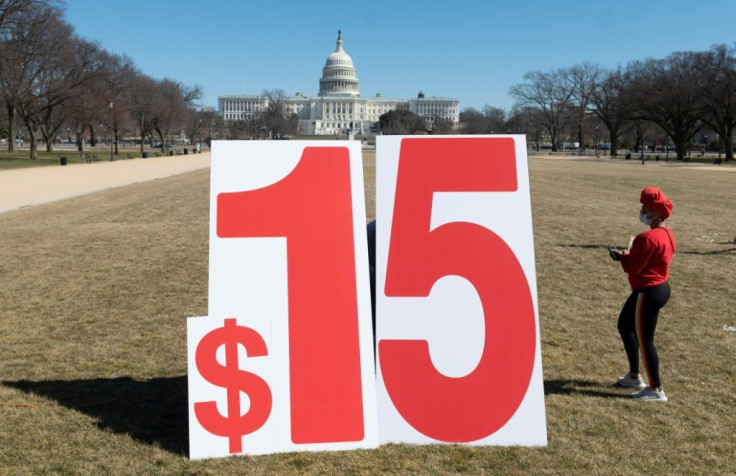
California residents voted against raising the state's minimum wage, marking the first such failure in the U.S. in decades.
Over the past ten years, California has significantly increased its minimum wage, which currently stands at $16 an hour—one of the highest in the nation. Cities like Los Angeles and San Francisco have seen higher rates.
Proponents of Proposition 32, which would have raised wages to $18 an hour, including investor Joe Sanberg, argued the hike was essential to help workers keep pace with the state's high cost of living.
On the other hand, opponents, led by the National Federation of Independent Business and other groups, warned it could lead to higher consumer prices and job losses.
On Tuesday, the race was called with 49.2% of votes in favor, Fox News reported.
This marks the first rejection of a minimum-wage ballot measure in any U.S. state since 1996, despite recent economic challenges, including inflation and mixed reactions to a separate $20 per hour minimum wage law for fast-food employees.
"Californians are sending Gavin Newsom and the SEIU a clear message: They're sick of being lab rats for their pet projects," Rebekah Paxton, research director for the Employment Policies Institute, said. "Voters saw the devastating economic fallout of the $20 fast food minimum wage law, and for the first time in state history, voted against a statewide minimum wage hike."
© 2025 Latin Times. All rights reserved. Do not reproduce without permission.




